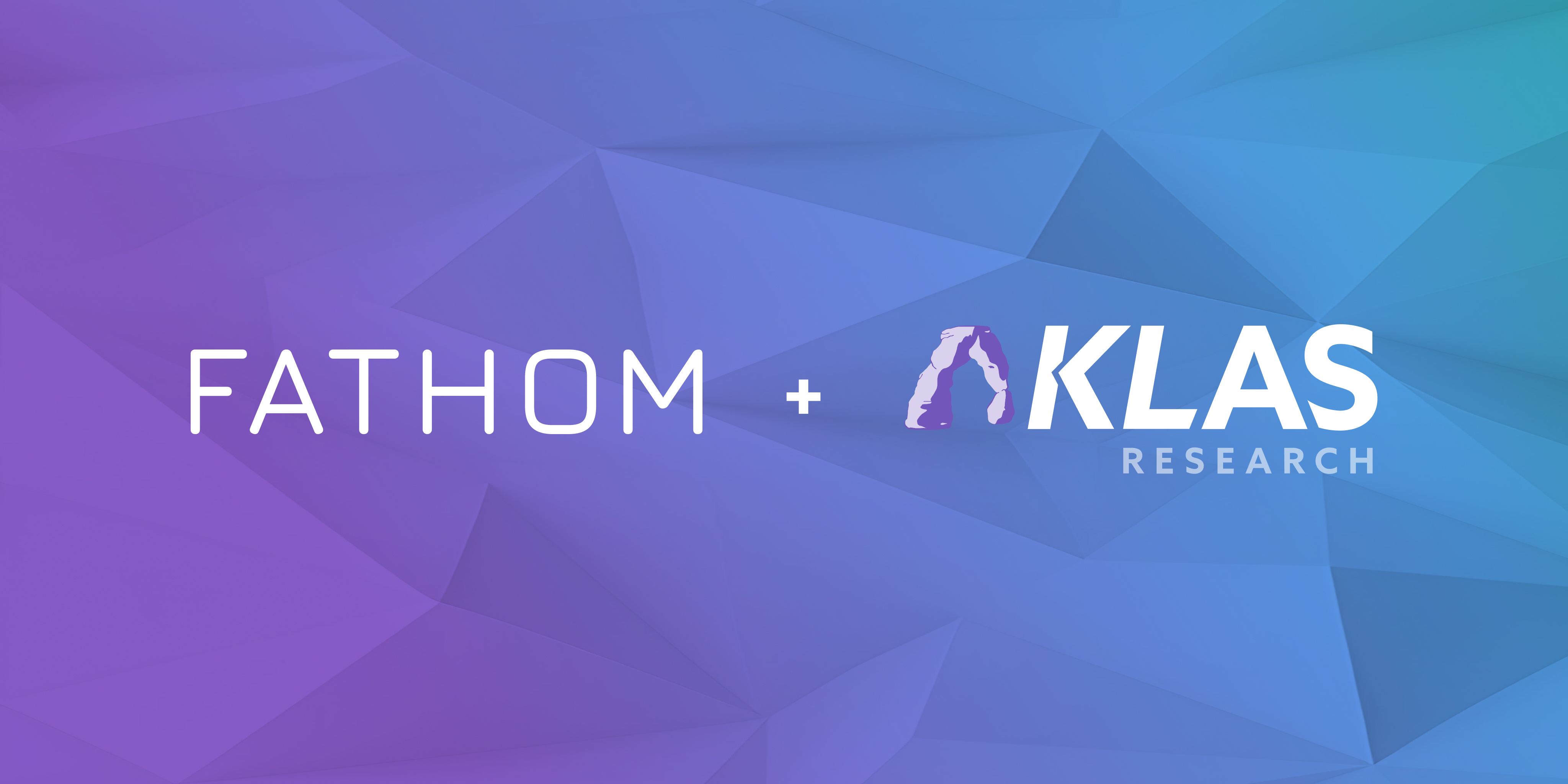Why I joined Fathom: Talha Haseen
.png)
From time to time, Fathom invites recent hires to share their experience in deciding to join our team. In this blog, Talha Haseen, part of Fathom's Client Success and Strategy team, shares his journey from chemical engineering to healthcare consulting and his path to Fathom.
Healthcare has always interested me because it's one of the only sectors with a moral question at its center: "How much should you charge someone to save their life?"
Around that moral question, you have a sector that represents nearly 20% of our country’s GDP. Healthcare is driven by how society answers that question, and the different answers and approaches contribute to the immense complexity of the sector.
When I was younger, I assumed I would follow the "default path" and attend medical school, but during college, courses in engineering and computer science reinvigorated my childhood obsession of "tinkering until I build something cool." And in the process, I uncovered a passion for chemistry, a subject I hated in high school. Luckily, I had a college professor who taught the subject so well that I ended up studying chemical and biomolecular engineering.
From concrete to care organizations
My college research led me down an environmental path. You know the tiny pieces of residue that float around when coal burns? That's fly ash. Fly ash has been used in concrete since the 1930s and is in the deep underground base of all modern high-rises. My research focused on determining whether toxic chemicals from fly ash leach into the groundwater and therefore into the drinking water in our cities.
After graduation, I worked as a consultant at a consulting firm focused on environmental and sustainability strategy. A meaningful part of my work included helping large oil and gas companies manage their legal compliance with environmental law across operations in various countries. At the time, the firm I was with had developed its own internal natural language processing (NLP) to process, manage, and classify regulations across 50+ countries autonomously. I still remember writing R code to apply Bayes' rule at scale to use conditional probabilities to solve a legal text classification problem, traditionally "solved" by consultants/engineers at the firm. It worked correctly ~85% of the time and felt like magic.
An opportunity presented itself, and I pivoted to healthcare, where I took a consulting role at Vanderbilt University Medical Center, working hand-in-hand with health system leaders to lower the total cost of care for managed populations. One of the first things I worked on was an accountable care organization (ACO), which was less popular then. My team sifted through mountains of claims data and records to identify high-risk patient populations, and we developed our version of the patient risk score.
We synthesized those findings into actionable lists for every physician in the organization. Our efforts gave them tremendous insight into their patients and empowered them to focus their efforts, allowing them to help patients who were most in need before a new acute care episode occurred. The system (which my team and I wrote code for ourselves) updated autonomously every month as new data rolled in, without human input, and arranged all findings into an easy-to-follow document.
Before joining Fathom, I was at McKinsey & Co., working mainly on provider strategy and operations-related work in healthcare. I was privileged to work as part of a team that developed a model to predict ventilator needs across the United States (down to every county). The modeling approach was used in the U.S. and internationally in countries like Japan and Singapore.
The future with Fathom
Chemical engineering and healthcare may not have much in common on the surface. But the skills and problem-solving approach fundamental to engineering translate well to healthcare, particularly given the sector's complexity.
My role at Fathom allows me to use various skills, from core problem-solving to crafting strategic communication. One of the best parts of working at Fathom is showing off our incredible technology to potential and current clients. Introducing them to a new way of handling medical coding is exciting, and every conversation is a chance to open their eyes to the possibilities. The current state of medical coding is going through the same evolution that "human computers" at NASA went through in the 1960s and '70s.
Most importantly, the people at Fathom are fantastic. I'm surrounded by a team that's smart, driven, and a pleasure to work with. They're exactly the kind of people I want to collaborate with. Fathom's impact and the inevitable revolution in the sector are immense. We push boundaries daily to ensure our healthcare sector becomes more sustainable and effective.
Related Posts
Stay up to date
Get the latest in industry news and insights delivered straight to your inbox.







